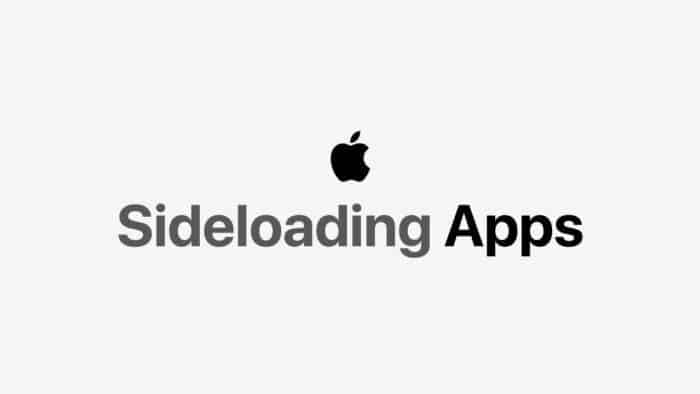For years, iPhones have operated within a walled garden. Users could only install apps from the Apple App Store, which is a point of praise from a security perspective. After all, sideloading apps on iPhone can increase the risk of getting malware on your device.
However, it also faced criticism due to the lack of freedom that Android phones offer. Well, the winds of change are blowing, particularly in Europe, where Apple’s longstanding stance on sideloading is facing a major shift. But how did the change come into effect, and what should you know before you start to sideload apps? You can learn everything below.
Sideloading Apps on iPhone is Only For the EU
Remember that debate about whether iPhones should allow app installation from outside the App Store? Well, the European Union (EU) just dropped the mic. It has mandated sideloading apps on iPhones through the Digital Markets Act (DMA).
This is good news for iPhone users. You’ll soon have the freedom to install apps from third-party stores, potentially opening doors to a world beyond the familiar blue and white App Store icon.
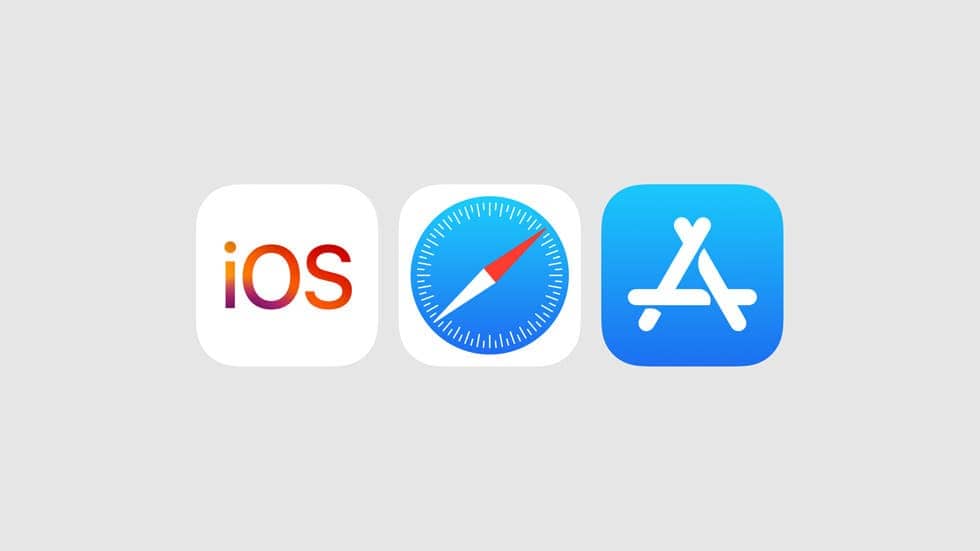
But before you start hunting for alternative app markets to sideload app, there’s a caveat. This sideloading freedom is currently a European exclusivity. It is the result of a direct response to the DMA’s pressure. Apple insists on security concerns and “untested technologies” to keep sideloading under wraps elsewhere. So, for now, the rest of the world will be stuck with the Apple App Store.
Moreover, Apple has laid down some strict rules. The “Core Technology Fee” is €0.50 per first annual install of any third-party app store app. This hefty price tag practically screams “bigwigs only,” potentially limiting the diversity of alternative app markets.
Fee for App Sideloads on iOS Applies to Developers Too
This sideloading saga isn’t just about app stores. Apple is also applying the Core Technology Fee to developers who choose to host their apps outside the App Store, even if they have over a million installs.
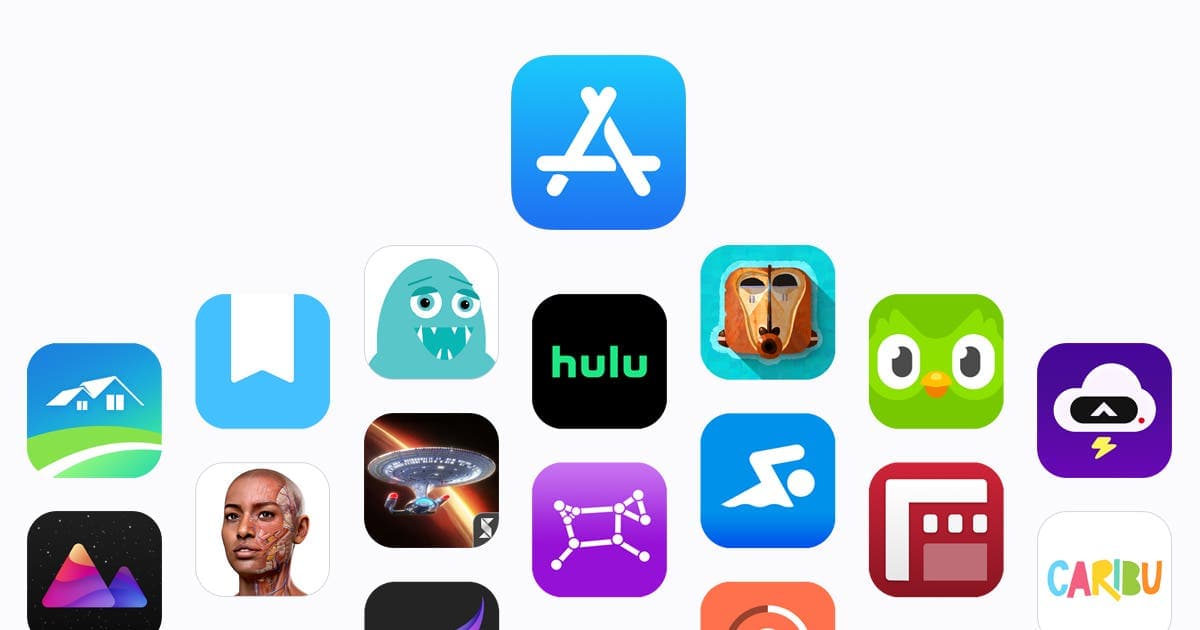
Developers are essentially paying to escape Apple’s clutches. This adds another layer of complexity to the already intricate fight between tech giants and app creators.
You Should Also Consider the Risks
As mentioned earlier, sideloading apps on iPhones comes with its own set of risks. Malicious apps lurk in the shadows, waiting to pounce on unsuspecting users.
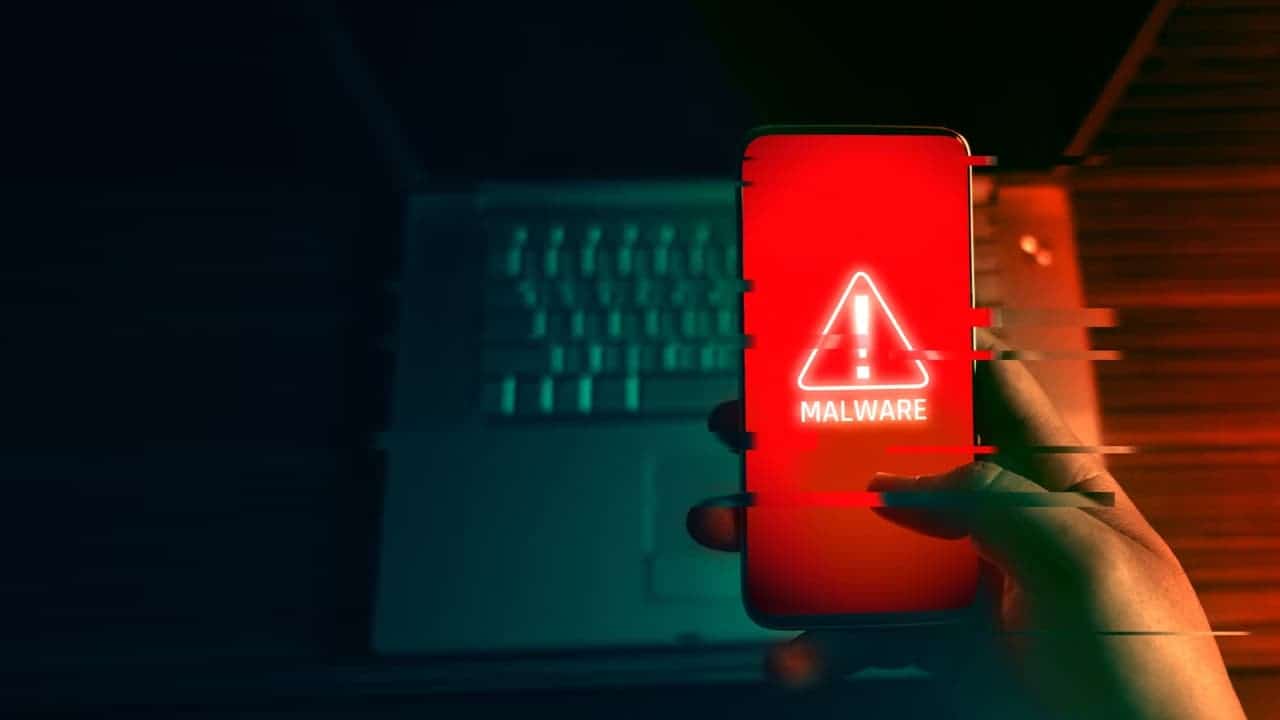
While Apple’s “notarization” feature offers some peace of mind, it’s no magic shield. Android has been suffering from malicious attacks related to sideloading apps for years now. So, even if you do plan to sideload apps on your iPhone, you should always double-check the source. And if you don’t want to take any risks, it’s better to stick with the Apple App Store instead.
When Can You Expect This Sideloading Restrictions in the EU to Lift?
The sideloading party kicks off in March 2024. It will roll out with the release of iOS 17.4. That means all the iPhone models getting iOS 17.4 are eligible for this sideloading app feature. You can check out the entire compatibility list on this link or from the image attached below.
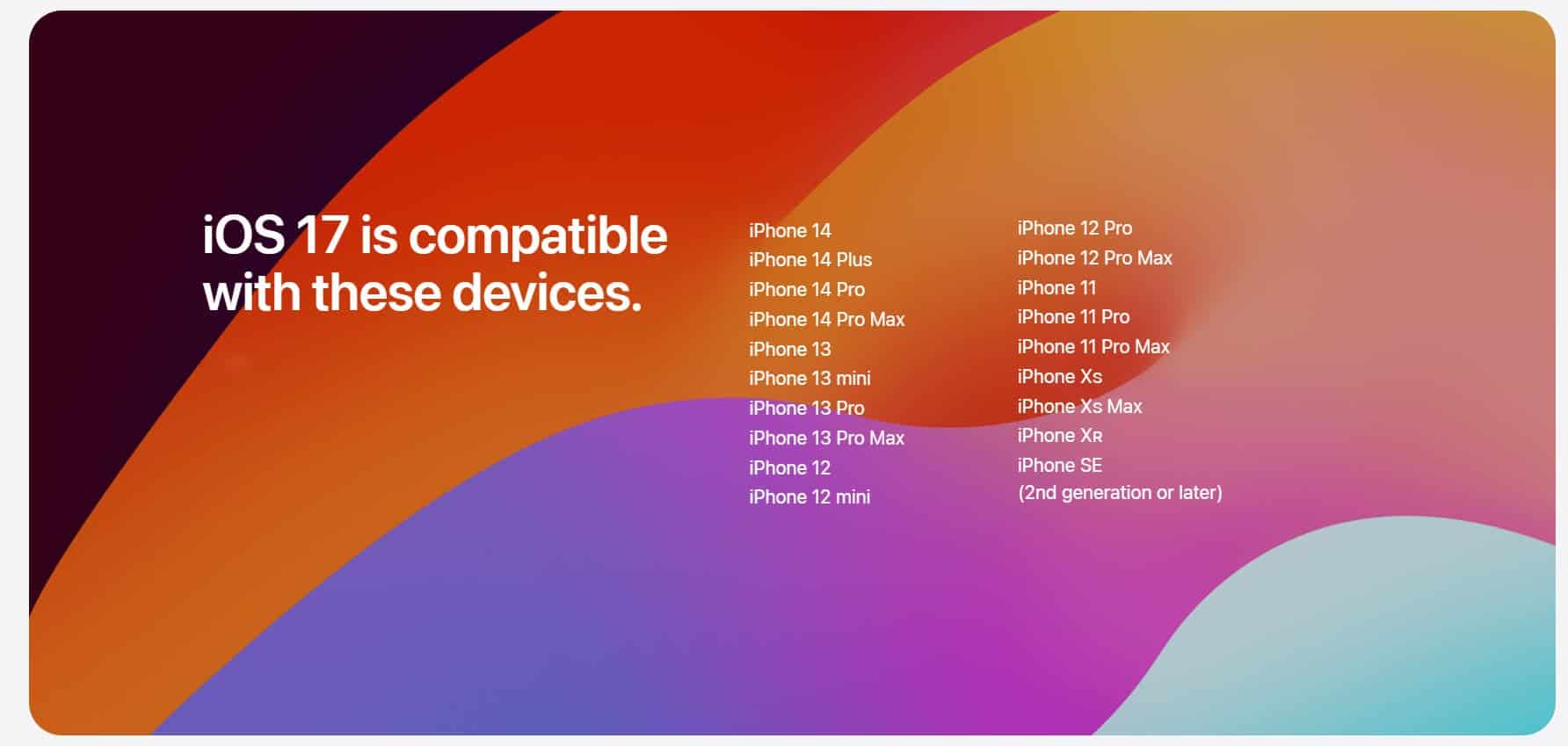
But again, you should note that the rollout is for the EU regions only. So, even if you get iOS 17.4, you won’t be able to sideload apps on your iPhone if you’re outside the EU. As mentioned earlier, Apple explains it’s due to security concerns.

